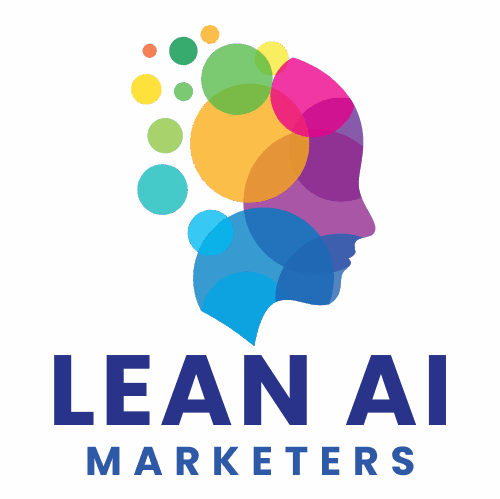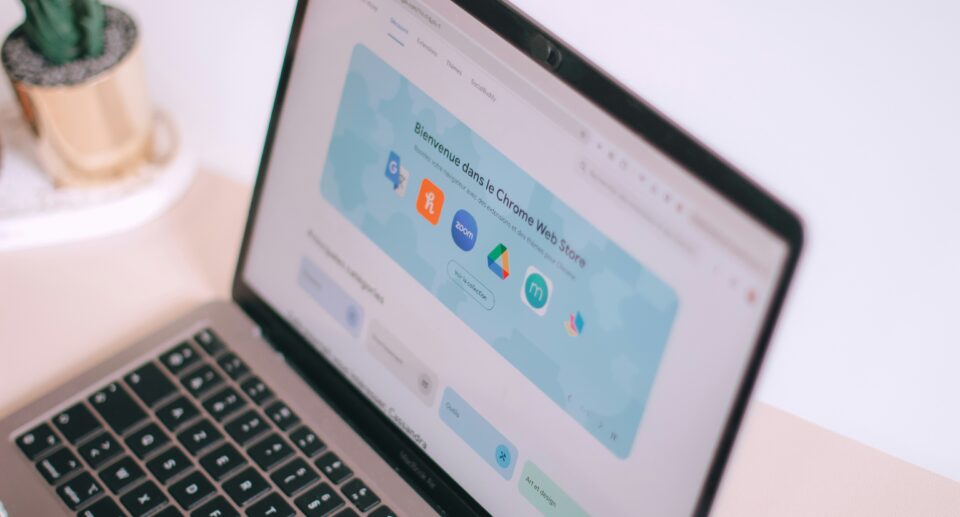AI-Driven SEO for Small Teams: Complete Guide

SEO is critical to growing your online visibility, driving qualified traffic, and converting visitors into customers.
Yet, for lean marketing teams, effective SEO often feels daunting.
The traditional approach—manually researching keywords, analyzing competitor content, and painstakingly building content outlines—can quickly become overwhelming, inefficient, and unsustainable.
The good news?
Artificial intelligence is fundamentally changing this process. AI-driven SEO streamlines your workflow, automates tedious tasks, and frees your team to focus on strategy, creativity, and growth.
In this practical guide, you’ll learn step-by-step how small teams can leverage AI to power keyword research, content analysis, and brief creation—efficiently and affordably.
Let’s dive right in.
Why Small Teams Need AI-Powered SEO
SEO is a game of depth and consistency. Doing it manually is slow and error-prone—exactly the opposite of what lean marketing teams need.
AI-powered SEO eliminates guesswork, quickly identifying high-potential keywords, analyzing competition, and generating optimized outlines in minutes. With tools like ChatGPT, SurferSEO, or Semrush, even a solo marketer can run data-driven, sophisticated SEO strategies previously reserved for bigger teams.
The goal is simple: Produce better content faster and rank higher with less manual work.
Step 1: AI-Driven Keyword Research
Keyword research is the cornerstone of SEO, yet traditional methods can be time-consuming. AI tools rapidly pinpoint high-value keywords based on intent, competition, and trends.
Tools:
- Semrush or Ahrefs (AI-enhanced research tools)
- ChatGPT or Claude.ai (for keyword clustering and suggestions)
How to do it:
- Start with a seed keyword (e.g., “email marketing”).
- Input into Semrush/Ahrefs for keyword suggestions ranked by difficulty and search volume.
- Use ChatGPT to group related keywords into logical clusters to target together.
Prompt Example (ChatGPT):
“Organize the following keywords into clusters based on intent: email marketing, email drip campaigns, automated email workflows, increase email open rates, subject line optimization.”
Within minutes, you’ll have organized, actionable keyword groups tailored to your audience’s search intent.
Step 2: AI Competitor Content Analysis
Once you have keywords, the next step is analyzing what ranks well and why. AI makes this step almost instant.
Tools:
- SurferSEO or MarketMuse (AI-based content analysis)
- Frase.io (AI-powered brief creation and competitor analysis)
Workflow:
- Enter your target keyword into SurferSEO to quickly identify top-ranking pages, their content length, headings, and key topics.
- Frase.io identifies missing topics competitors haven’t covered well, giving you opportunities to outrank them.
In minutes, AI provides a clear blueprint of what you need to cover—and how—to dominate the SERPs.
Step 3: Creating Optimized Content Briefs with AI
Your content brief is critical. It ensures your writer hits all the right topics and keywords. Traditionally, creating briefs is slow. With AI, it’s automated and optimized.
Tools:
- ChatGPT, Claude.ai
- Frase.io
Prompt Example (ChatGPT):
“You are an SEO strategist. Create a comprehensive SEO content brief for a blog titled ‘Best Practices for Email Marketing in 2025’ using the keyword cluster we developed.”
You’ll quickly get:
- Title suggestions optimized for click-throughs.
- Suggested headings and subheadings.
- Key secondary keywords and phrases to naturally include.
- Bullet points to cover within each section.
Your brief, once taking hours, is now ready in minutes.
Step 4: AI-Driven Content Creation (Optional Step)
While human writing often remains ideal, AI-assisted drafting can speed content production dramatically.
Tools:
- Jasper.ai, Copy.ai
- ChatGPT (GPT-4 for high-quality drafts)
Use AI to generate first drafts or outlines, cutting writing time in half. Your team then focuses solely on refining voice, style, and adding original insights—leveraging AI without sacrificing quality.
Step 5: AI-Based SEO Optimization and Editing
After content creation, AI ensures optimal keyword density, readability, and semantic richness.
Tools:
- SurferSEO (real-time optimization suggestions)
- Grammarly or Hemingway Editor (AI readability checks)
AI tools quickly identify gaps in keyword usage, suggest structural improvements, and ensure high readability scores.
Step 6: Tracking and Refining Performance with AI Analytics
SEO doesn’t stop after publishing. Continuous tracking and refinement are essential—and easy with AI-powered analytics.
Tools:
- Semrush Position Tracking
- Google Search Console + ChatGPT
Use these tools to track keyword performance and analyze fluctuations. ChatGPT can even help interpret these reports clearly:
Prompt:
“Analyze this keyword performance report and give a short, clear summary highlighting wins, losses, and next steps.”
AI simplifies your analytics, helping you react quickly and strategically.
Real-Life Workflow Example: AI SEO in Under 2 Hours
Here’s how a lean team might leverage AI end-to-end:
- Keyword research in Semrush, clustering in ChatGPT (20 minutes)
- Competitor analysis with SurferSEO or Frase.io (20 minutes)
- Content brief generation via ChatGPT or Frase.io (15 minutes)
- AI-assisted content draft via Jasper.ai or ChatGPT (45 minutes)
- Optimization with SurferSEO and Grammarly (20 minutes)
In under two hours, you’ve efficiently created optimized, publish-ready content tailored precisely to your audience’s search intent.
Affordable AI SEO Tools Stack for Small Teams
Your streamlined, affordable AI-driven SEO stack might look like this:
- ChatGPT (Free or Plus $20/month)
- Semrush ($129/month) or Ahrefs ($99/month)
- SurferSEO ($59/month)
- Frase.io ($49/month)
- Grammarly (Free or $12/month premium)
For roughly $200/month, you’ll gain capabilities previously reserved for agencies or larger teams.
Final Thoughts: AI is the SEO Equalizer for Small Teams
SEO shouldn’t be a roadblock—it should accelerate your growth. AI makes professional SEO accessible, manageable, and affordable, even for lean teams. By leveraging these practical workflows, you’ll consistently create high-ranking content without burnout or bloat.
Your role shifts from painstaking manual research to smart, strategic oversight. AI handles data crunching, analysis, and brief creation freeing your team for creative, strategic work.
It’s SEO, simplified and scaled—exactly what lean, agile marketers need.










